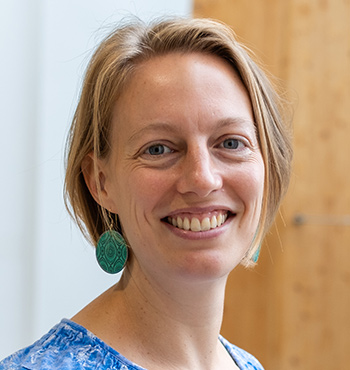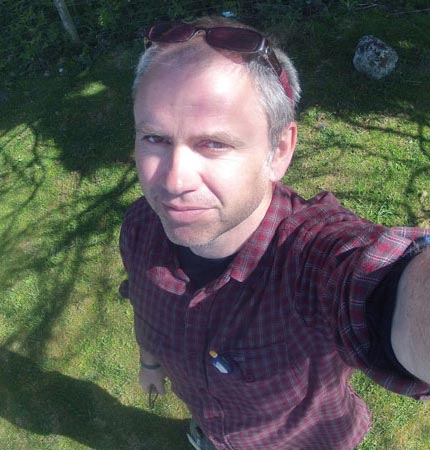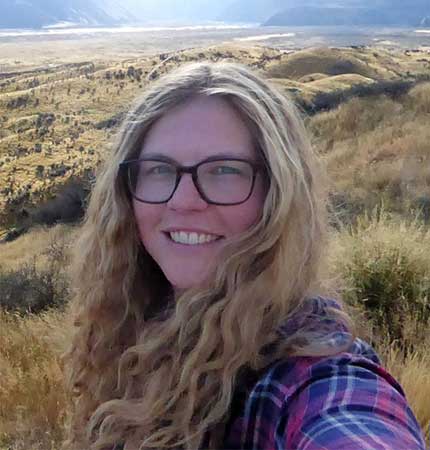Unlocking the Power of Seaweed
In Wales, and across the UK there is a long tradition of harvesting wild seaweed, which has gone into foods such as laverbread in Wales. Unlike other cultivated crops, seaweed doesn’t require fertiliser, pesticides, freshwater or land, and it grows rapidly. Regenerative seaweed farms can provide a sustainable and healthy food source, and a range of seaweed derived products (including food, animal feed, pharmaceuticals and fertilisers); as well as ecosystem services such as mitigating climate change, improving water quality, enhancing biodiversity and facilitating economic growth for coastal communities.
WWF UK will be working in partnership with three core partners including one of the pioneers of seaweed farming in the UK, Câr-y-Môr in St David’s, Pembrokeshire, to raise awareness of the benefits of seaweed and its rich heritage in the region. Scottish Association for Marine Science (SAMS), are working to capture the perspectives of community stakeholders in Pembrokeshire who are impacted by, or involved in, seaweed farming; Plant Ecology Beyond Land (PEBL) will monitor the impacts of seaweed farms on biodiversity and climate, creating an open access database that seaweed farmers and communities can directly feed into to develop sustainable practices.
This grant comes from the Climate Action Fund, a £100 million commitment over 10 years from The National Lottery Community Fund to support communities across the UK to take action on climate change and involve more people in climate action. This forms part of one of the funder’s four key missions in its 2030 strategy, ‘It starts with community’ - supporting communities to be environmentally sustainable.
The Role of SAMS
Seaweed farming holds significant potential to contribute to a just transition, but that potential can only be realised through actively listening to our coastal communities — their values, concerns, hopes, and lived experiences. Through the making of a film Coastal Voices, we’ve created a space for the community in St David’s, Pembrokeshire to share their diverse perspectives on seaweed farming. By facilitating open dialogue and sharing community voices through film, we aim to develop inclusive pathways for the sector to grow across the UK, in a way that truly benefits and reflects the people who call our coastlines home.



